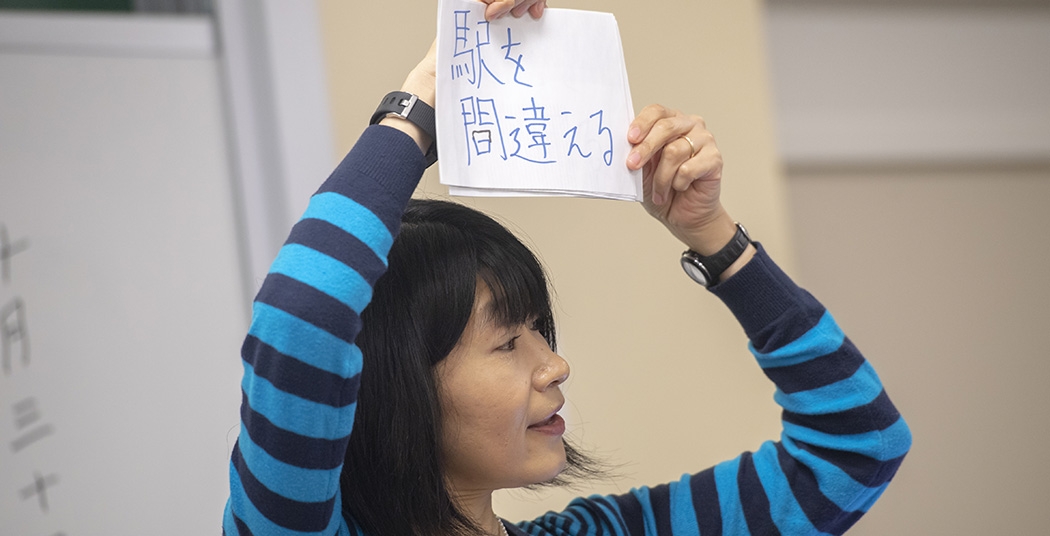Our program provides students with a solid foundation in the disciplines of Japanese language and culture through vibrant and inspiring classes that are conducted in an enjoyable and encouraging manner. Having a global mind and a keen cultural awareness is indispensable in twenty-first century life. Proficiency in Japanese language and culture plays a vital role in pursuing extensive opportunities in today’s multicultural society. Students with a minor or an interdepartmental major in Japanese have gone on to careers that require exposure to global issues in the fields of domestic and international business, engineering, government service, law, education, the arts, journalism, or further study in graduate school.
Modern Languages and Literatures

Karp Hall 120
View in Google Maps
Fax:
(518) 388-6462
